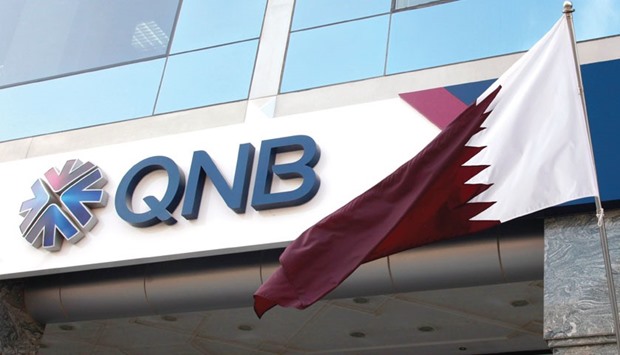Although the consideration paid for Finansbank’s acquisition ($2.94bn) at 0.82 times book value will have an “immediate negative” impact on the Tier 1 ratio, which declines to a pro-forma 12% as of December 2015 from 16.3%; Moody’s notes that QNB will raise fresh capital in the first half of 2016 and replenish Tier 1 ratio back to around 14%.
“This will continue to provide a high loss absorption capacity and compare well with the 13.7% median for banks with ‘baa1’ BCAs (baseline credit assessments),” said Moody’s affirming QNB’s ‘Aa3’ deposit rating with a “stable” outlook and affirming ‘baa1’ BCA.
A key driver of the ratings affirmation is Qatar’s resilient operating environment and QNB’s strong linkage with the Qatari government, which provides access to a large volume of low-risk lending opportunities, and underpins its high profitability.
Although QNB’s entry into Turkey will expose the bank’s asset quality to “downside” risks, Moody’s said these risks will be moderated by an anticipated capital injection and still strong post-acquisition performance metrics, which are consistent with its current rating.
The acquisition remains subject to relevant regulatory approval and is likely to be completed in the first half of 2016.
Post-acquisition, Moody’s expects that QNB will maintain sizeable liquidity buffers on its balance sheet, with an estimated ratio of pro-forma liquid banking assets over tangible banking assets of 22% as of December 2015.
Despite a fall in the flow of government deposits in the Qatari banking system (due to the “significant” fall in oil-related revenues), QNB has been able to increase and diversify its deposit base through both domestic private and international growth, it said.
“QNB’s funding profile also compares favourably to its domestic peers with a loan-to-deposit ratio estimated at 101%, post-acquisition as of September 2015, one of the lowest in the system,” Moody’s said.
Despite the strengths, QNB’s foreign expansion into more risky jurisdictions is increasing the “downside” risks for the bank’s asset quality.
After the (Finansbank) deal, around 30% of QNB’s operations will be in the Middle East and North Africa (Mena) markets that exhibit higher risks vis-à-vis home market. These include Egypt, which will account for around 10% of assets, and Turkey, which will account for about 17% of QNB’s post-acquisition balance sheet.
Highlighting that Finansbank exhibits weaker performance relative to QNB and hence will moderate the strength of QNB’s financial metrics; it said as at end-September 2015, the Turkish lender reported non-performing loan ratio of 5.96% against QNB’s 1.1% as of end-2015 and its credit charges accounted for 1.8% of gross loans in the nine months ending September 2015 compared to 0.1% for QNB in 2015.
“While the Turkish market offers sizable growth potential it carries a higher country risk relative to Qatar and the acquisition may offer some integration challenges given its size,” it said.
Although QNB has aggressively expanded overseas into “risky” Mena countries, its operations, post-acquisition of Finansbank, will remain primarily domiciled in the European Union and Qatar (17% and 46% of assets respectively) where it will continue to benefit from dominant presence in both retail and corporate markets in the foreseeable future.

